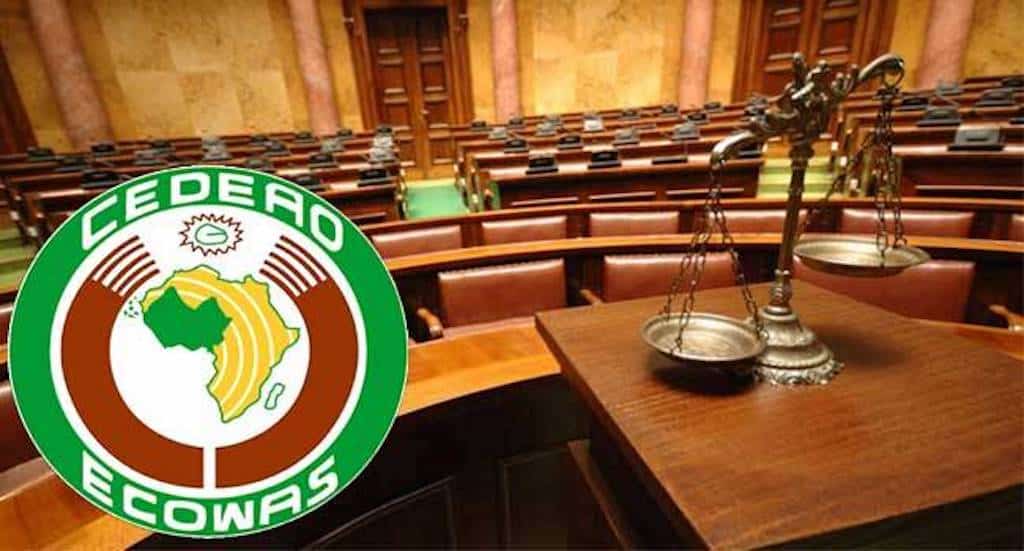Nigeria: ECOWAS Court Fines Nigeria for Human Rights Violations
The Economic Community of West African States (ECOWAS) Court of Justice has issued several rulings against the Nigerian government for human rights violations in recent years.
Delayed Trial of Alleged Smuggler
In one case, the ECOWAS Court fined the Nigerian government 2 million Naira (around $5,000 USD) for violating the right to a timely and fair trial of an alleged smuggler, Abiodun Ilesanmi. The court found that the government had breached Article 7(1)(d) of the African Charter on Human and Peoples’ Rights by delaying Ilesanmi’s trial. Despite evidence of banned goods found in his possession, the court ruled that the government’s failure to bring him to trial within a reasonable time period violated his rights.
EndSARS Protest Abuses
In another landmark ruling, the ECOWAS Court held Nigeria liable for human rights violations committed against protesters during the 2020 EndSARS demonstrations. The court found that the Nigerian government violated the rights to personal security, freedom of expression, and freedom of assembly of three protesters – Obianuju Catherine Udeh, Perpetual Kamsi, and Dabiraoluwa Adeyinka. The court ordered Nigeria to pay each applicant 2 million Naira in compensation and to investigate and prosecute the security agents responsible.
Challenges to ECOWAS Court Rulings
However, the Nigerian government has at times pushed back against ECOWAS Court rulings, with the Attorney General describing some judgments as “practically incapable of enforcement” and calling for the court to be more mindful of the “peculiarities of member states.” This reflects the ongoing tensions between Nigeria’s national sovereignty and the ECOWAS Court’s mandate to uphold regional human rights standards.
Overall, the ECOWAS Court has demonstrated its willingness to hold the Nigerian government accountable for human rights abuses, even when they involve high-profile issues like the EndSARS protests. But the implementation of these rulings remains a challenge that the regional body continues to grapple with.

